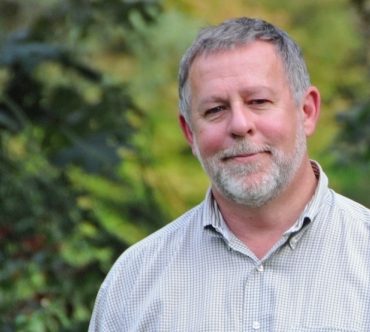
Finding the story of a place and it’s true potential with Bill Reed, principal at Regenesis: 098
My guest today has been a big inspiration to me and has been a leader in regenerative design, pretty much before that was even a term. Bill Reed is an […]



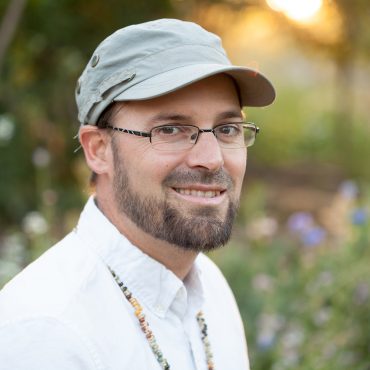
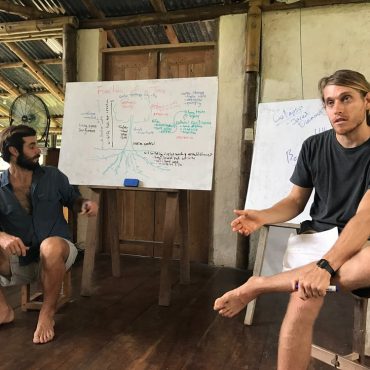
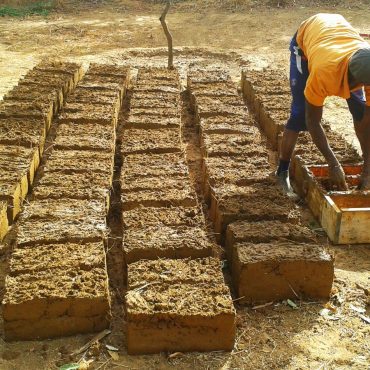

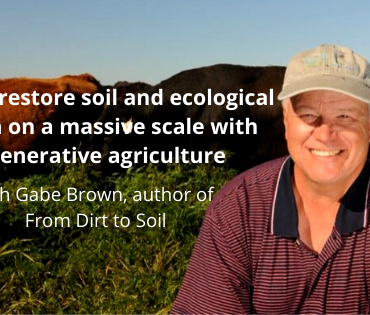
Post comments
This post currently has no comments.